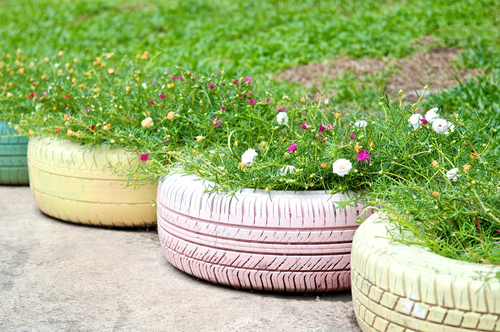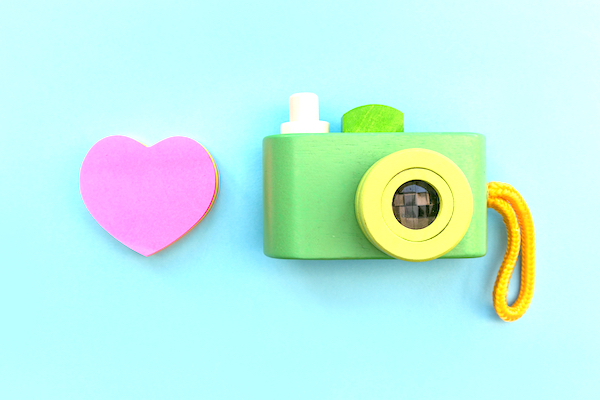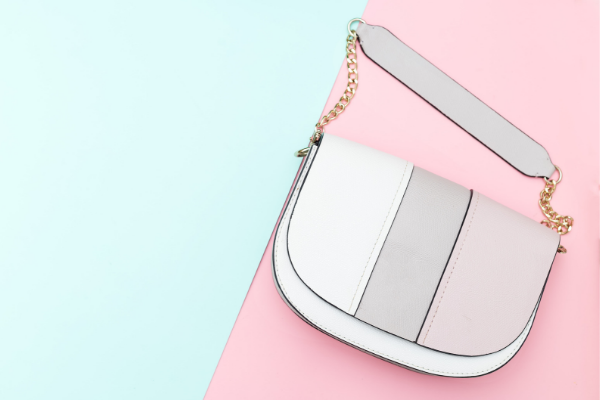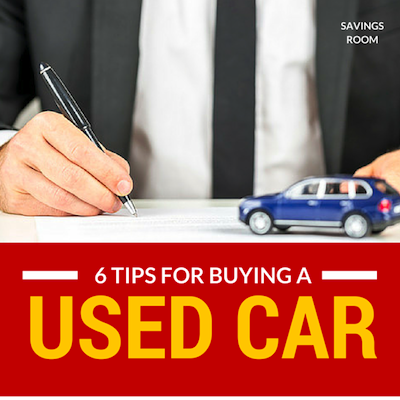Buying a used car? Not sure where to start? Buying used is sometimes more stressful than buying new. CarClick – www.carclick.com.au has put together some helpful used car buying tips to help you through the process.
-
Know how much you can spend
Before you start looking for a used car, you should know how much you are able to afford on buying a used car. You should also factor in insurance, regular servicing and running costs. Sometimes a car with high km’s may cost less up front but will end up a regular “money hole” in terms of repairs, replacing parts and maintenance.
-
Do your homework
Once you have a budget, look for a car that suits you. Look through as many guides as you can – both online and offline. Get a sense of where the market prices your particular make and model so you can ask good questions. If a dealer is selling a model that’s far out of the market, you can sniff out a bad deal quicker.
-
Contact sellers and arrange a meeting
Chances are you won’t find the perfect car first time. So contact a few “backups” in case. Always meet sellers at their home address. Look at the car inside and out and ask to take a test drive. Look under the hood afterward and pay attention to any odd noises or movements that seem out of the ordinary.
-
Establish a history
You can get a better picture of how the car performs by asking the right questions. Some good questions are:
- How old is the car?
- How often did the owner run the car?
- Has it had any major repairs?
- Can I see the last servicing report?
- Does it have any “quirks” or “bad habits” that I should be aware of?
- Can I see the car’s roadworthy certificate? (RWC?)
- Can I see the logbook?
It even makes sense to bring along a friend or family member who is more knowledgeable about cars to ask even deeper questions. You should also take down the Vehicle Identification Number (VIN) and check it against The Personal Property Securities Register to ensure it isn’t a write-off or stolen.
-
Negotiate
There is usually a “sticker price” but you should negotiate with the seller for a cheaper price. Always factor in any repairs and other costs you may incur (i.e., paying for new registration) and if possible, show the seller other cars of comparable prices. If you name a lower price and your seller doesn’t allow some wiggle room, be prepared to walk away.
-
Fill out the paperwork
You’ll have to fill out all the paperwork such as registration, ownership certificate and pay stamp duty. Make sure to get a receipt with all the seller’s details. Also, get originals (not copies) of the logbook, service history and other documents before you drive away.


 YOU
YOU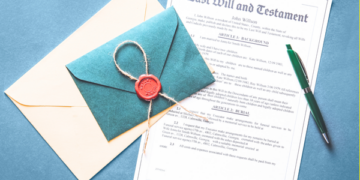





 Money
Money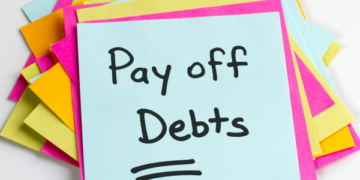





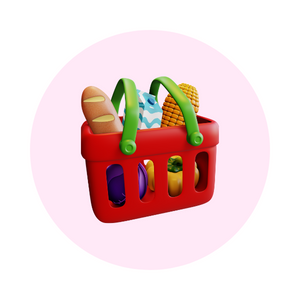 FOOD
FOOD





 FAMILY LIFE
FAMILY LIFE




 HOME & GARDEN
HOME & GARDEN




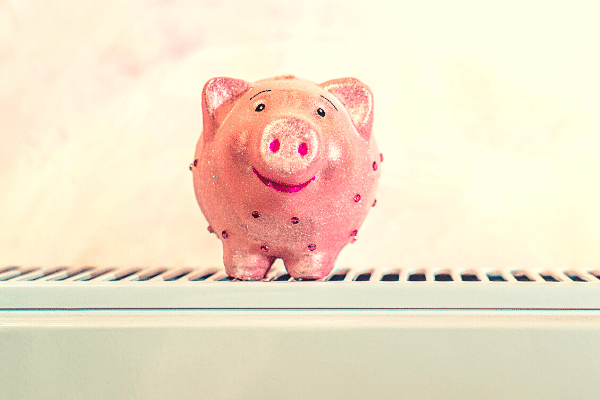


 ORGANISE
ORGANISE

 EVENTS
EVENTS





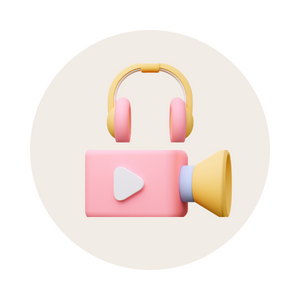 LIFESTYLE
LIFESTYLE

